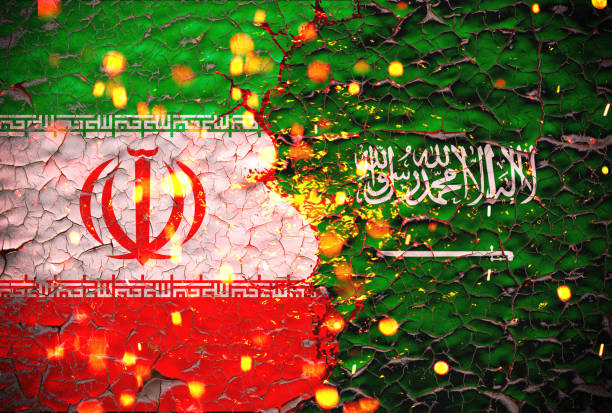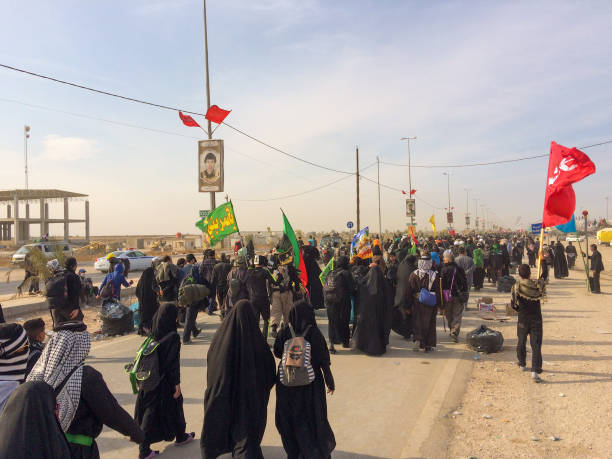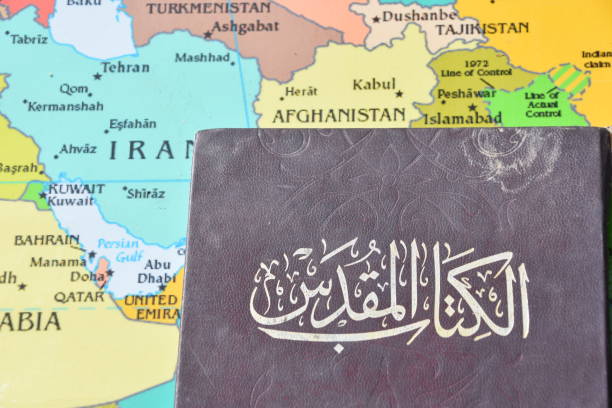What is the difference between Sunni and Shia?
In the rich embroidery of Islamic history and culture, two significant orders of play had a conspicuous impact: Sunni and Shia Islam. The underlying foundations of the division can be traced back to the beginning of Islam, originating from a conflict over the legitimate initiative of the Muslim people group after the passing of Prophet Muhammad.
This split has persevered throughout the long term, forming the strict, political, and social scene of the Muslim world. In this thorough investigation, we expect to unwind the perplexing inquiry: What is the difference between sunni and shia?

Verifiable starting points:
To understand the differentiation between Sunni and Shia Islam, it is essential to dive into their authentic beginnings. The split arose following the end of Prophet Muhammad in 632 CE, when a debate emerged in regard to his replacement, or caliph.
The larger part, who ultimately turned into the Sunni, upheld Abu Bakr, a nearby friend of the Prophet, as the principal caliph. In any case, a group known as the Shia demanded that the initiative be passed to Ali, the cousin and child-in-law of Prophet Muhammad. This principal conflict denoted the initiation of the Sunni-Shia partition.
Religious Contrasts:
One of the focal inquiries that epitomize the division between Sunnis and Shias revolves around the idea of authority inside Islam. Sunnis have confidence in the guideline of picking an able pioneer through agreement, while Shias keep up with the notion that administration ought to be genetic and restricted to the Prophet’s bloodline, starting with Ali. This philosophical fluctuation has significant ramifications for the strict and political designs of the Sunni and Shia groups.
Also Read:
- What is the Difference Between Heat and Temperature?
- What’s the Difference Between Down Syndrome and Autism?
- What is the Difference Between Plant Cells and Animal Cells?
- Explaining the Difference Between Self Pollination and Cross Pollination?
- What Is the Difference Between an iPad and a Tablet?
What is the distinction between Sunni and Shia ceremonies and practices?
Past philosophical qualifications of Sunni and Shia Islam show contrasts in their strict customs and practices. The most eminent divergence lies in the recognition of strict occasions, like Ashura. While the two groups remember the disastrous occasions at Karbala during Ashura, their methodology varies fundamentally.
Shia Muslims participate in intricate grieving ceremonies, including self-loathing, to communicate their sorrow over the suffering of Imam Hussein, the grandson of Prophet Muhammad. Sunnis, then again, notice Ashura with a more curbed and intelligent methodology, stressing supplication and recognition.
What is the difference between Sunni and Shia law?
One more critical angle where the dissimilarity between Sunni and Shia becomes apparent is in the domain of statute. The two orders keep Islamic regulation, known as Sharia; however, they comply with various ways of thinking inside it.
Sunnis transcendently stick to one of the four significant Sunni ways of thinking: Hanafi, Maliki, Shafi’i, or Hanbali. Interestingly, Shias understand the Jafari way of thinking. These differentiations in legitimate understanding add variety to strict decisions and practices.

Political Ramifications:
The break between Sunni and Shia Islam has religious and social repercussions as well as significant political ramifications. Since the beginning of time, this division has filled clashes and battles for control, with political elements frequently conforming to one faction or the other. Present-day international elements in the Middle East, for example, are affected by the Sunni-Shia competition, adding to local strains and clashes.
Social Elements:
The distinctions among Sunni and Shia likewise manifest in friendly elements, affecting marriage rehearsals, burial service ceremonies, and day-to-day traditions. In certain districts, intermarriage among Sunni and Shia Muslims may be disliked, and social associations can be molded by partisan personalities. Understanding these social subtleties is vital for valuing the lived encounters of the Sunni and Shia groups.
Contemporary Difficulties:
In the contemporary world, the Sunni-Shia partition keeps on presenting difficulties, both inside Muslim-majority nations and on the worldwide stage. Partisan pressures have been taken advantage of by radical gatherings to fuel brutality and weaken districts. It is fundamental for policymakers, researchers, and the more extensive public to appreciate the complexities of this division to encourage understanding and advance quiet collaboration.
Final Words
All in all, the topic of “What is the difference between Sunni and Shia?” exemplifies a complex verifiable, religious, and sociopolitical story inside Islam. The division, established in early conflicts over authority, has saturated each part of the two groups’ strict, social personalities. Recognizing and valuing these distinctions is vital for encouraging shared understanding and exchange inside the assorted embroidery of the Muslim world.
By digging into the authentic beginnings, philosophical qualifications, ceremonial practices, jurisprudential varieties, and contemporary difficulties, we can explore the nuanced scene of Sunni and Shia Islam, looking for shared conviction and solidarity in the midst of variety.

FAQs
How do Sunni and Shia ceremonies vary?
While the two groups share numerous strict ceremonies, for example, supplication and fasting, they have particular practices for specific occasions. For instance, during Ashura, Shia Muslims participate in intricate grieving ceremonies, while Sunnis notice it with a more stifled approach.
What are the distinctions in law between Sunni and Shia?
Sunni and Shia Muslims understand various ways of thinking inside Islamic regulation. Sunnis essentially stick to one of the four significant Sunni schools, while Shias understand the Jafari way of thinking. These distinctions can prompt a variety of strict decisions and practices.
How does the Sunni-Shia contrast influence governmental issues and society?
The Sunni-Shia partition has significant political and social ramifications, frequently molding provincial contentions and epic showdowns. It can likewise impact social elements, marriage practices, and day-to-day traditions inside Muslim-majority networks.
Are Sunni and Shia Muslims, in a general sense, different in their convictions?
While there are huge philosophical and jurisprudential contrasts between Sunni and Shia Islam, the two factions share the core convictions of Islam, like faith in one God (Allah), the significance of the Quran, and the lessons of Prophet Muhammad.
Do Sunni and Shia Muslims view each other as foes?
While there have been authentic strains and clashes among the Sunni and Shia groups, numerous Muslims from the two orders advocate for solidarity and collaboration. Interfaith discourse and endeavors to connect partisan partitions are progressively normal.
